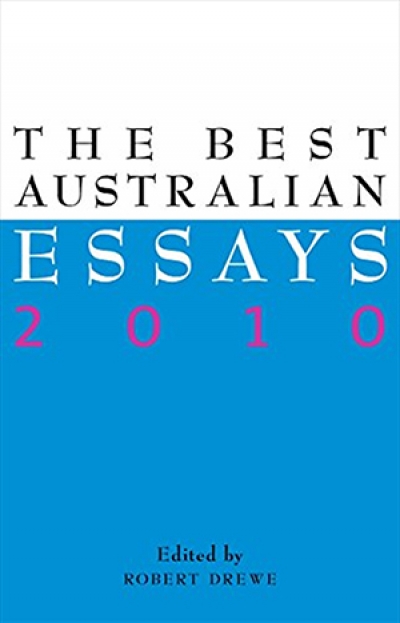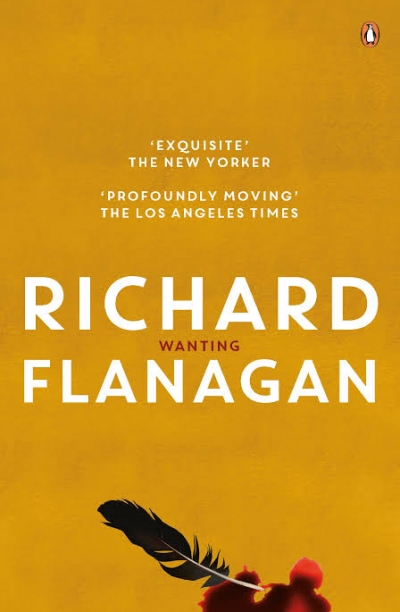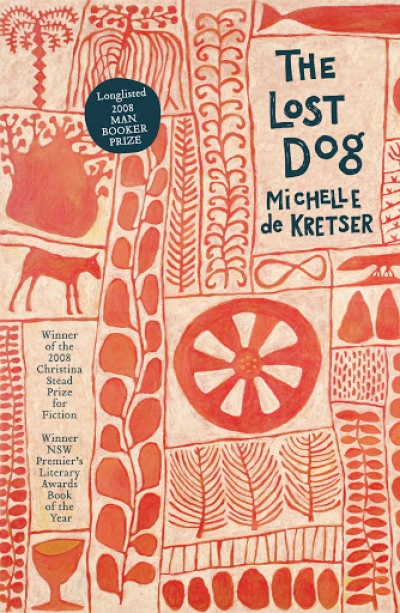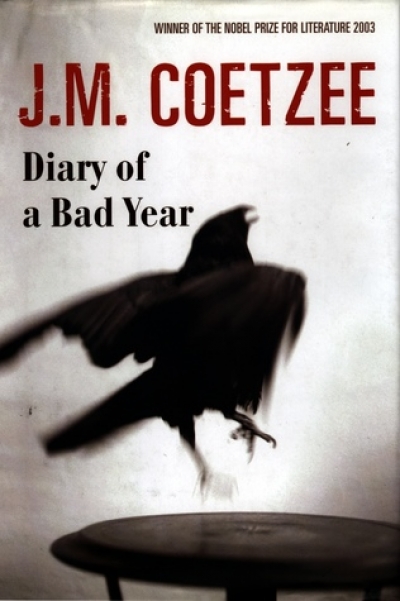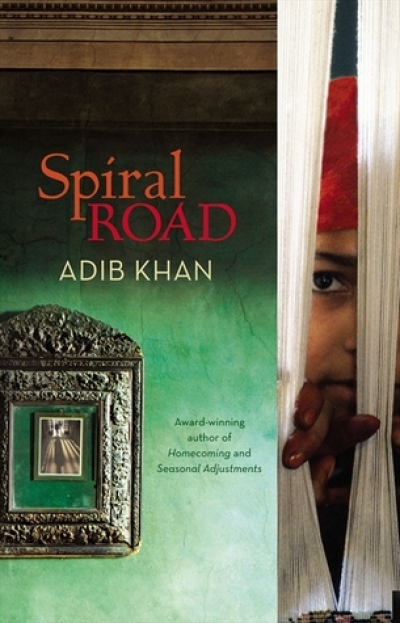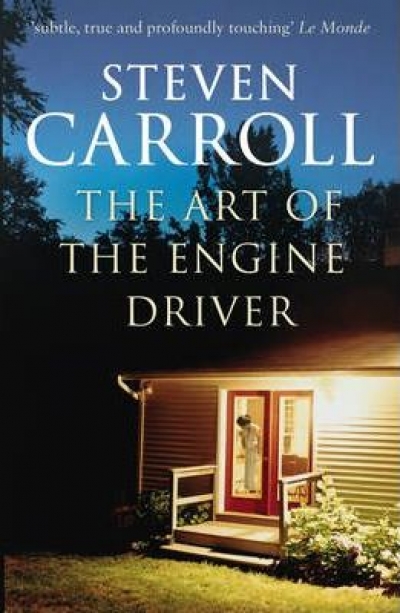Geordie Williamson
The Best Australian Essays 2010 edited by Robert Drewe
by Geordie Williamson •
Most editors look forwards, not back. We have to: there are pages to fill, readers to court, deadlines to meet. But publication of a 300th issue of a literary review invites retrospection, if not undue nostalgia... ... (read more)
The Art of the Engine Driver by Stephen Carroll & Summerland: A Novel by Malcolm Knox
by Geordie Williamson •

